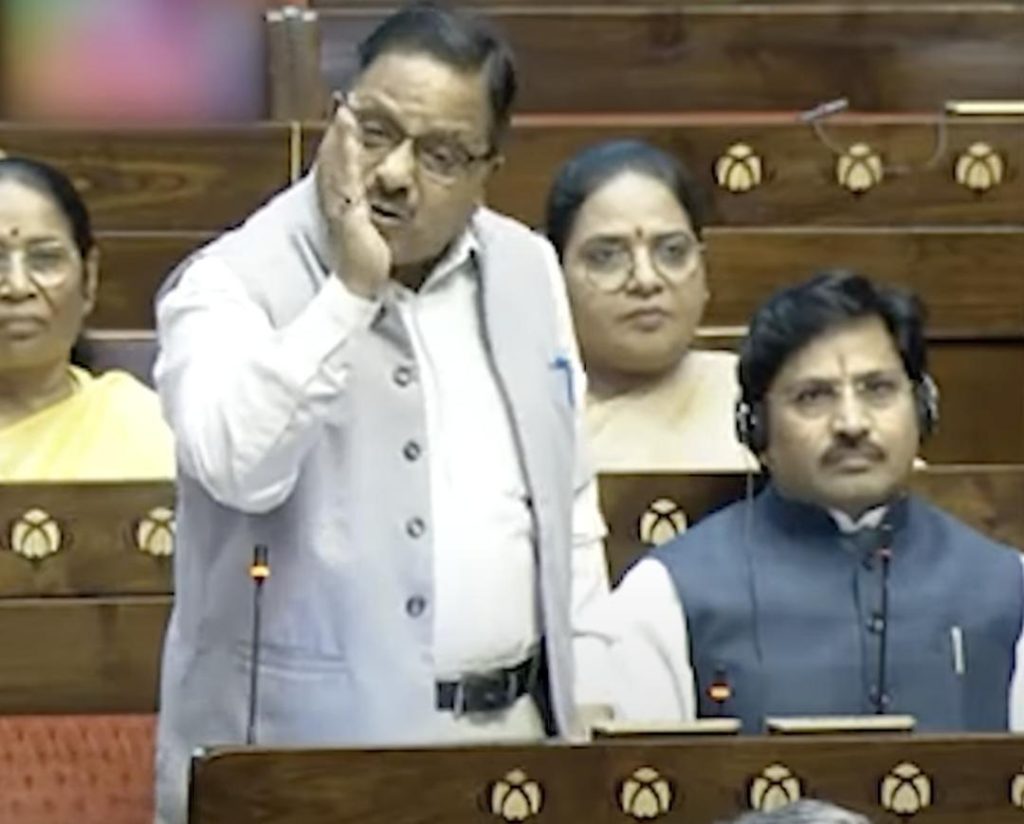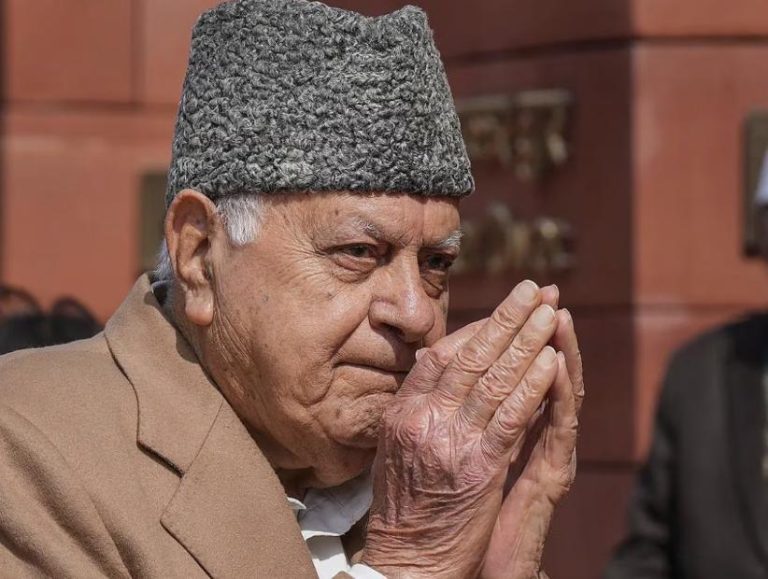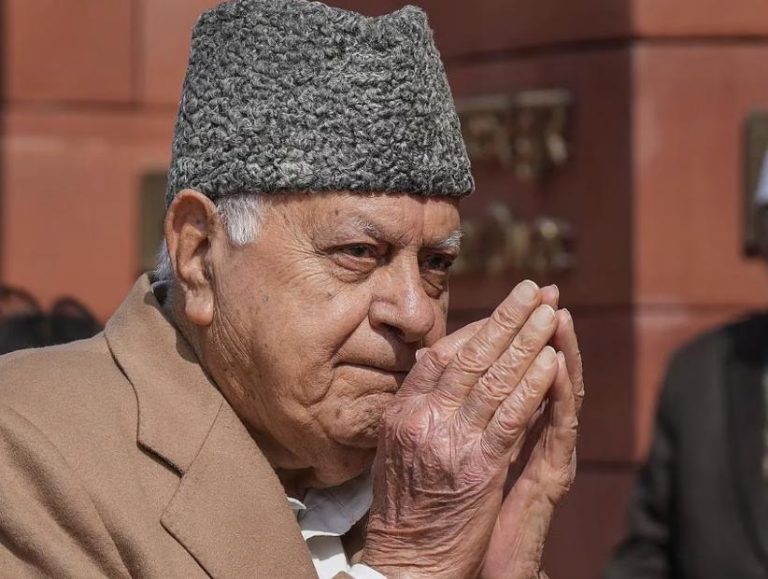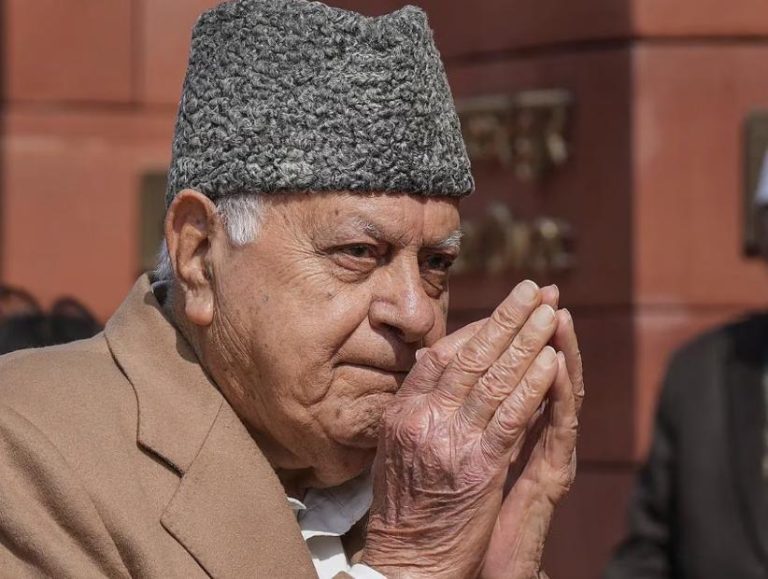
Should I Read the Quran and Tell You What’s Written in It: BJP MP Radha Mohan Das on Waqf Bill
The debate surrounding the Waqf Bill has been ongoing for quite some time, with various political parties and individuals expressing their opinions on the matter. Recently, during the discussion of the bill in the Parliament, BJP MP Radha Mohan Das made a statement that has left many questioning his intentions and understanding of the Quran. He asked if he should read the Quran and tell what is written in it, specifically pointing out a verse that he claims supports his argument.
For those who may not be familiar with the context, the Waqf Bill is aimed at revamping the Waqf Board, an autonomous body responsible for managing religious properties and endowments. The bill seeks to increase transparency and accountability in the management of these properties, which are primarily owned by Muslims.
Radha Mohan Das’ statement was made in response to the Waqf Board’s alleged lack of transparency in managing its properties. He claimed that the Quran supports his argument, pointing out a verse that he believes justifies his request for written records of any transactions involving Waqf properties.
In his statement, Das said, “The Quran says that even if one rupee is given to anyone, there should be a written record… And you say you have so many properties without a record.” He went on to claim that this verse in the Quran supports his argument that there should be a written record of all transactions involving Waqf properties.
However, it is important to note that Das’ understanding of the Quranic verse he is referring to is incorrect. The verse he is likely referring to is Surah Baqarah, verse 282, which states:
“O ye who believe! When ye deal with each other, in transactions involving future obligations in a fixed period of time, reduce them to writing, let a scribe write them down with justice. Let no scribe refuse to write as Allah has taught him, nor the scribe be willing to write it as Allah has taught him but with reluctance. Allah teaches you justly, and Allah is full of knowledge.”
This verse is often misinterpreted and misused by individuals who claim to be defending their religious beliefs. In reality, this verse is meant to emphasize the importance of documenting transactions and agreements, particularly in business and commercial dealings. It is not about requiring written records for every single transaction, but rather about ensuring fairness and transparency in commercial dealings.
Das’ statement has been widely criticized by Muslim scholars and organizations, who have pointed out the errors in his interpretation of the Quran. They have also emphasized that the Waqf Bill is not about imposing any new laws or regulations on Muslims, but rather about improving the management and transparency of Waqf properties.
In response to Das’ statement, Maulana Khalid Rashid, a prominent Muslim scholar and imam of the famous Eidgah mosque in Lucknow, said, “The Quran is not a book of law, but a book of guidance. The verse that Radha Mohan Das is referring to is meant to ensure fairness and transparency in commercial dealings, not to require written records for every single transaction.”
Another prominent Muslim scholar, Maulana Mahmood Madani, secretary general of the Jamiat Ulama-i-Hind, also criticized Das’ statement, saying, “Radha Mohan Das is not a scholar of Islam, he is a politician playing with religious sentiments. He does not understand the Quran or the Islamic teachings.”
It is unfortunate that political leaders like Radha Mohan Das are using the Quran and other religious texts to further their own political agendas. This not only misrepresents the true teachings of Islam but also creates unnecessary tension and conflict between different religious communities.
In conclusion, Radha Mohan Das’ statement about reading the Quran and telling what is written in it is not only incorrect but also misinformed. The Quranic verse he is referring to is meant to emphasize the importance of fairness and transparency in commercial dealings, not to require written records for every single transaction.
The Waqf Bill is a critical step towards improving the management and transparency of Waqf properties, and it is essential that we approach this issue with a clear understanding of the Quran and Islamic teachings. We must reject attempts to misrepresent and misuse religious texts for political gain, and instead work towards creating a more harmonious and inclusive society.
News Source:
https://www.youtube.com/watch





